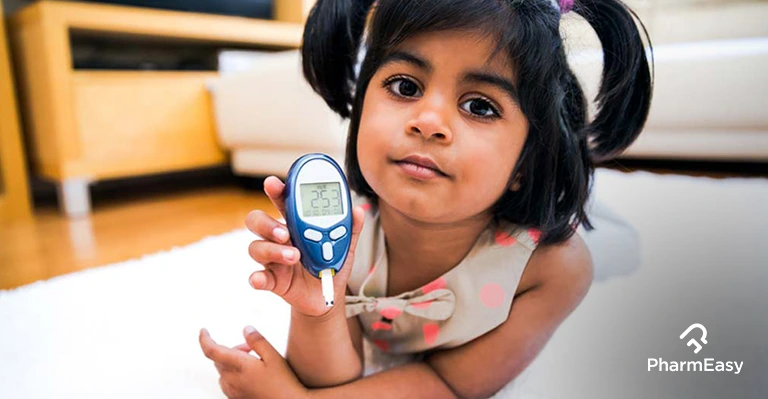Ranitidine
Description
Ranitidine is a medication primarily used to manage conditions related to exces
s stomach acid. It is used to treat various conditions, including stomach and intestinal ulcers, heartburn, hyperacidity, indigestion, and gastroesophageal reflux disease (GERD). Its mechanism of action involves reducing the production of stomach acid, which provides relief from the associated symptoms like a burning sensation, acid reflux, and general discomfort. Before starting ranitidine, you must inform your doctor about any pre-existing kidney or liver problems, as a dosage adjustment may be necessary. Disclose all other medications, supplements, or herbal remedies you are currently taking, as ranitidine is known to interact with certain medicines. Ranitidine is generally considered safe for use during pregnancy and breastfeeding when used under the careful supervision of a doctor. While taking this medicine, it is advisable to avoid alcohol, as it can stimulate acid production and potentially worsen your symptoms. Adopting a healthy diet and limiting spicy or oily foods can further enhance the positive effects of the medication.
Uses
- In the treatment of gastroesophageal reflux disease- when acid from stomach comes up in the food pipe causing heartburn, dyspepsia, pain.
- In stomach ulcers and ulcers in the first part of the gut (intestine)
- Given along with medicines ( such as ibuprofen, diclofenac etc) which are known to increase stomach acidity and can cause ulcers
- It is sometimes used to prevent stress ulcers, aspiration of stomach acid during anesthesia
- It is used along with antibiotics for stomach infection (H pylori)
Contraindications
When should one not use Ranitidine
Side effects
Common side effects of this drug are:
- Headache
- Liver problems
- Stomach pain, constipation
- Jaundice
- Unusual weakness
- Changes in heart rhythm
- Hair loss, blurred vision
- Aches and pain in your muscles and joints (rare)
- Swollen, tender or leaking breasts (rare)
- Impotence (rare)
- Allergic reaction (Serious)
- Kidney problems such as back pain, fever, pain when passing urine, blood in the Urine and changes in blood tests (Serious)
- Severe stomach pain , this can be serious condition called ‘pancreatitis’
- A slow or irregular heartbeat (Serious)
Precautions and Warnings
Pregnancy
Breast Feeding
Driving
Alcohol
Other General Warnings
- If you have difficulty swallowing
- If you have a rare condition called porphyria (too much pigment called porphyrin which may discolor the urine)
- If you have stomach cancer
- If you are above 65 years of age
- If you have kidney or liver problems
Mode of Action
How Does It Work?
Interactions
Interactions with other medicines
- Warfarin
- Midazolam
- Glipizide
- Ketoconazole
- Metformin
- Triazolam
Interactions with food items
- No known interactions
Dosage
Overdose
Missed a Dose
Content Details
Dr. Mansi Savla
B. Pharm, PharmD
Dr. Ritu Budania
MBBS, MD (Pharmacology)
Frequently Asked Questions (FAQs)
Q: What are the common side effects of ranitidine?
Q: When is the best time to take ranitidine?
- Take ranitidine exactly as your doctor tells you. To prevent heartburn, you can take it 30 to 60 minutes before eating or drinking things that cause your symptoms.
Q: Are there any foods, drinks, or other medicines I should avoid while taking ranitidine?
Q: Can ranitidine be taken for a long period of time?
Q: What is ranitidine used for?
References
- Lactmed.ranitidine. [Accessed 17.Jun.2019] (online) Drugs and Lactation Database (LactMed) [Internet]. Bethesda (MD): National Library of Medicine (US); 2006-. Ranitidine. [Updated 2025 Oct 27].
- Ema.ranitidine. [Accessed 27 Oct 2025] (online)
- Webmed.ranitidine. [Accessed 27 Oct 2025] (online)
- Dailymed.ranitidine. [Accessed 27 Oct 2025] (online)









